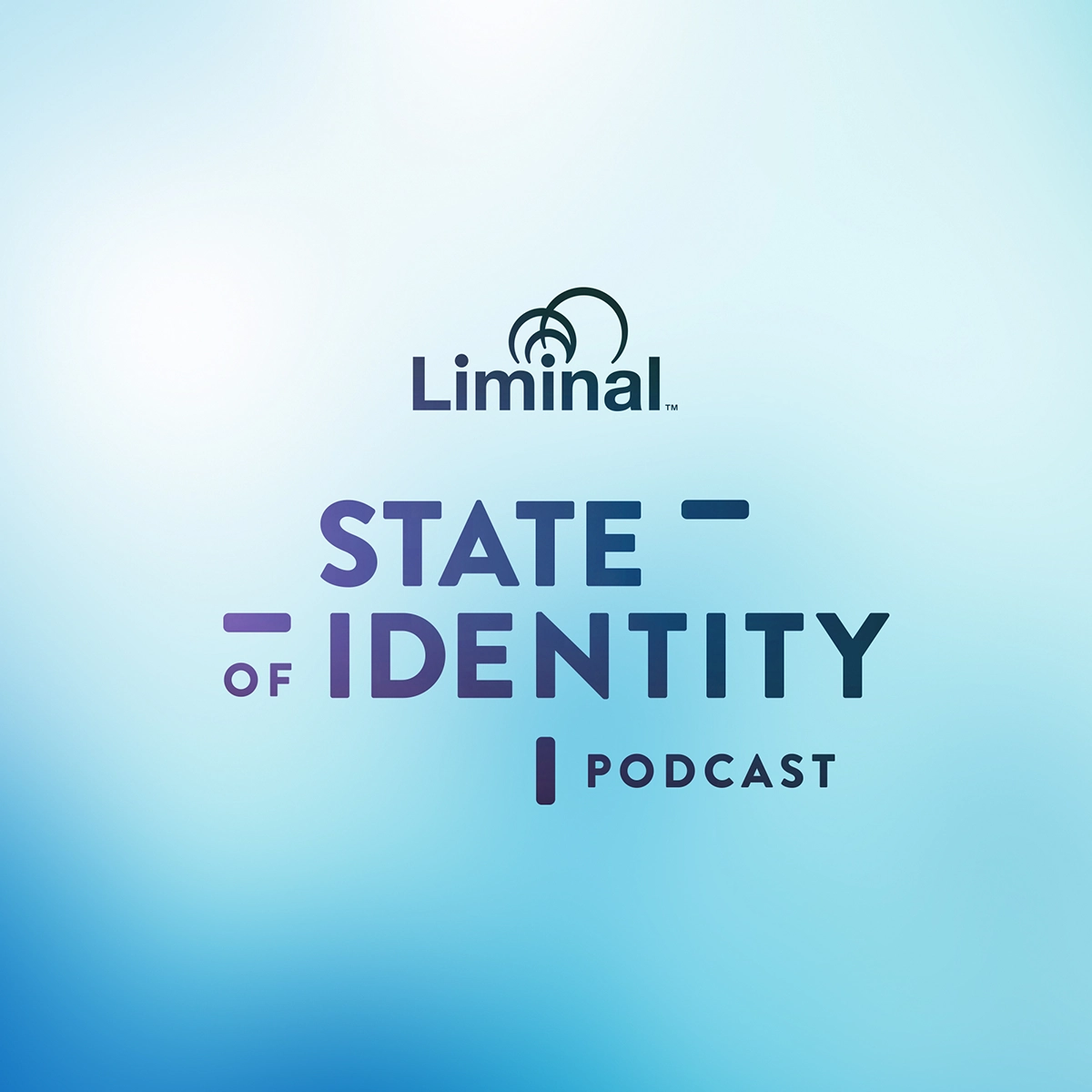What does it take to not just build, but scale, a trust framework for interoperable digital identity? On this week’s State of Identity podcast host, Cameron D’Ambrosi is joined by Daniel Goldscheider, Founder & CEO of yes.com, Don Thibeau, Executive Director at OpenID Foundation, Carl Hössner, CTO at BankID, and Anil Mahalaha, Head of Solutions at Akoya, to discuss the launch of the Global Assured Identity Network (GAIN). They discuss GAIN’s core mission of leveraging bank KYC to validate online identities, with interoperability provided by the fundamental OpenID standard.
PODCASTS

02/10/22
What’s Identity have to GAIN?
Hosted by
Cameron D'Ambrosi
Senior Principal at Liminal
Guest
Daniel Goldscheider, Don Thibeau, Carl Hössner, Anil Mahalaha
